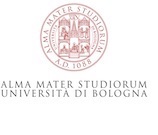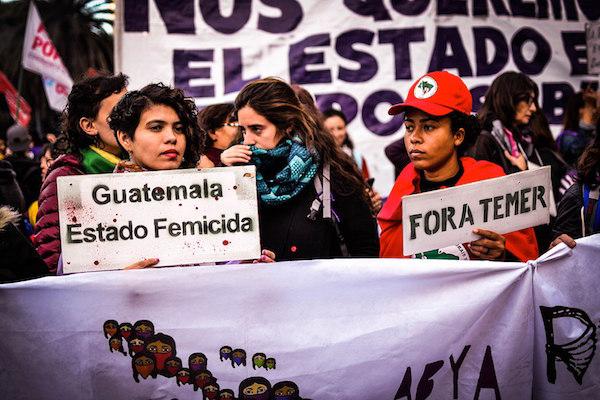|
This course will focus on the ways that Latin American cities have incubated different forms of feminism in the late twentieth and early twenty-first centuries. It will center on notable cases, including the Mothers of the Plaza de Mayo in Buenos Aires during the military dictatorship, the Urban Popular Movements that arose in Mexico City following the 1985 earthquake, and the protests against gender violence that have fostered the #NiUnaMás movement. We will also consider the dynamic between state-sponsored feminism — mostly notably in Cuba — and social-movement feminism. Finally, we’ll spend some time talking about the ways that feminism has been imagined as a strictly urban phenomenon and the alternative currents of feminism — particularly indigenous feminisms, maternalist feminisms, and decolonial feminisms — that emerged from identitarian positions that often centered on critiques of liberalism (and neo-liberalism) with its imaginaries of unmarked citizen subjects and magical thinking about the power of markets and commodification.
 Jocelyn Olcott is Professor of History; International Comparative Studies; and Gender, Sexuality, and Feminist Studies at Duke University. Her first book, Revolutionary Women in Postrevolutionary Mexico, explores questions of gender and citizenship in the 1930s. Her second book, International Women’s Year: The Greatest Consciousness-Raising Event in History considers the history and legacies of the United Nation’s first world conference on women in 1975 in Mexico City (Oxford University Press, forthcoming Spring 2017). Her current project, a biography of the activist and folksinger Concha Michel, a one-time Communist who became an icon of maternalist feminism and a vocal advocate for recognizing the economic importance of subsistence labors, is under contract with Duke University Press. The book follows Michel's life story from the late nineteenth century to the late twentieth to examine the ways that the concept, labor, and policies surrounding “motherhood” articulated with major shifts in political-economic thought. She has also embarked on an international, interdisciplinary project centered on rethinking the value of care labors broadly speaking, including not only dependent and household care but also, for example, environmental, community, cultural, and sexual care. Jocelyn Olcott is Professor of History; International Comparative Studies; and Gender, Sexuality, and Feminist Studies at Duke University. Her first book, Revolutionary Women in Postrevolutionary Mexico, explores questions of gender and citizenship in the 1930s. Her second book, International Women’s Year: The Greatest Consciousness-Raising Event in History considers the history and legacies of the United Nation’s first world conference on women in 1975 in Mexico City (Oxford University Press, forthcoming Spring 2017). Her current project, a biography of the activist and folksinger Concha Michel, a one-time Communist who became an icon of maternalist feminism and a vocal advocate for recognizing the economic importance of subsistence labors, is under contract with Duke University Press. The book follows Michel's life story from the late nineteenth century to the late twentieth to examine the ways that the concept, labor, and policies surrounding “motherhood” articulated with major shifts in political-economic thought. She has also embarked on an international, interdisciplinary project centered on rethinking the value of care labors broadly speaking, including not only dependent and household care but also, for example, environmental, community, cultural, and sexual care.
|





 Jocelyn Olcott
Jocelyn Olcott